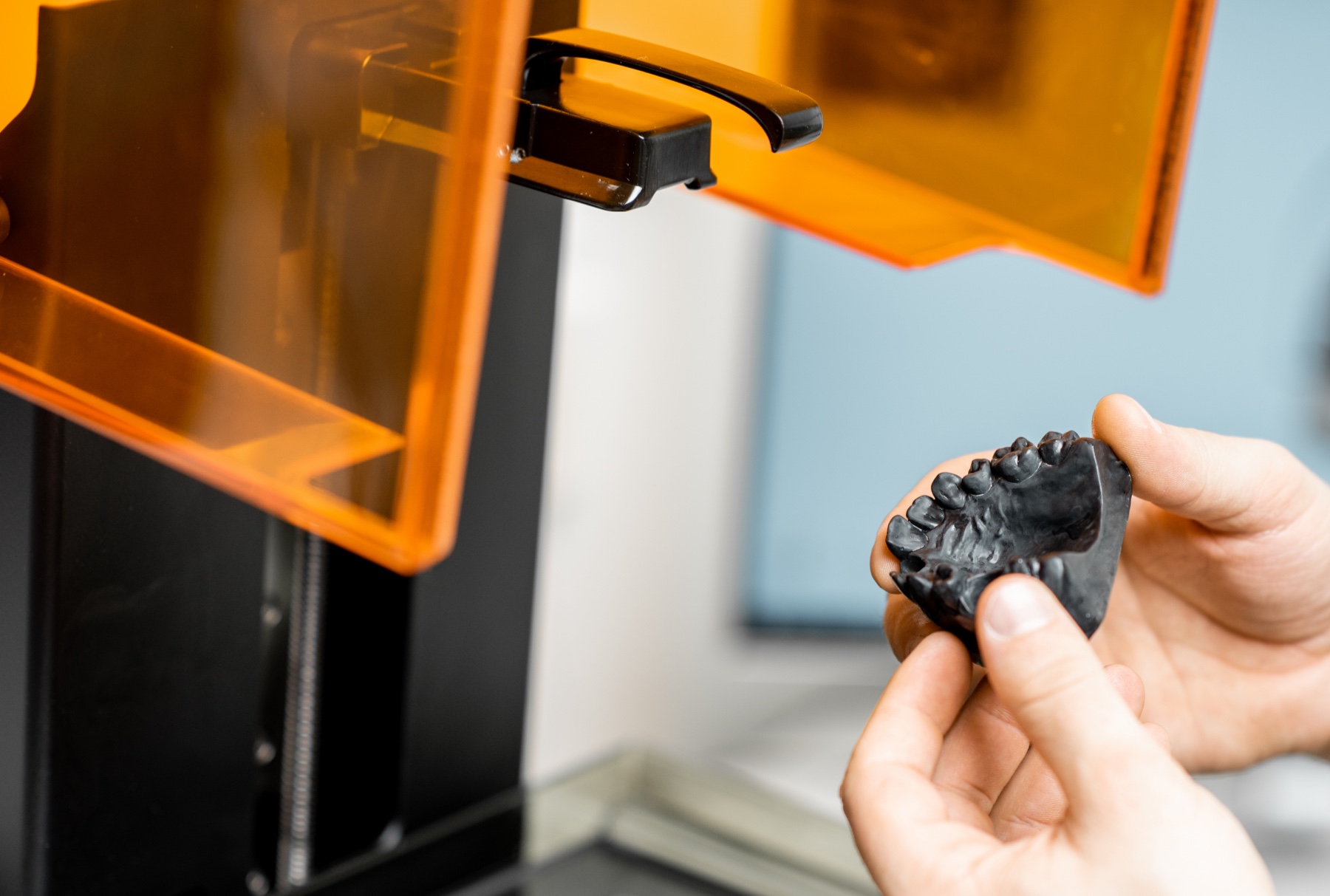Fadoo George Unom
Single molecule detection using graphene resonators.
Email: f.g.unom1@ncl.ac.uk
Project supervisors
- School of Engineering
- School of Natural and Environmental l Sciences
- Centre for Synthetic Biology and the Bioeconomy
Project description
Graphene made its debut as a nanomaterial in the mid-2000s. Since then, nanoelectromechanical and microelectromechanical systems (NEMS/MEMS) devices have used it. These include cantilever beams for nano switches, FETs that detect pH and protein adsorption, pressure sensors, hall sensors, gas detectors, DNA sequencers/biosensors, and sensors that detect biomarkers employed for various diseases. Graphene has exceptional physical, mechanical and electronic properties. These make it highly desirable for sensing applications.
Graphene has a low mass density and mechanical rigidity and high tensile strength. It promises to be an excellent resonator in mass sensing applications. In current mass sensing technology, the mass of the sensing resonator dominates over the relatively small biological mass addition. This reduces the sensitivity of the sensor. With graphene resonators, biological mass represents a significant portion of the total mass of the sensor. This makes the sensor much more sensitive.
I am developing ultra-sensitive mass biosensors using graphene resonators as the sensing element. I will then apply these sensors to clinically relevant target molecules.
Qualifications
- BEng (Mechanical Engineeering) – Uniagric Makurdi, Nigeria.
- MSc (Mechatronics) – Newcastle University, Newcastle Upon Tyne, UK.
